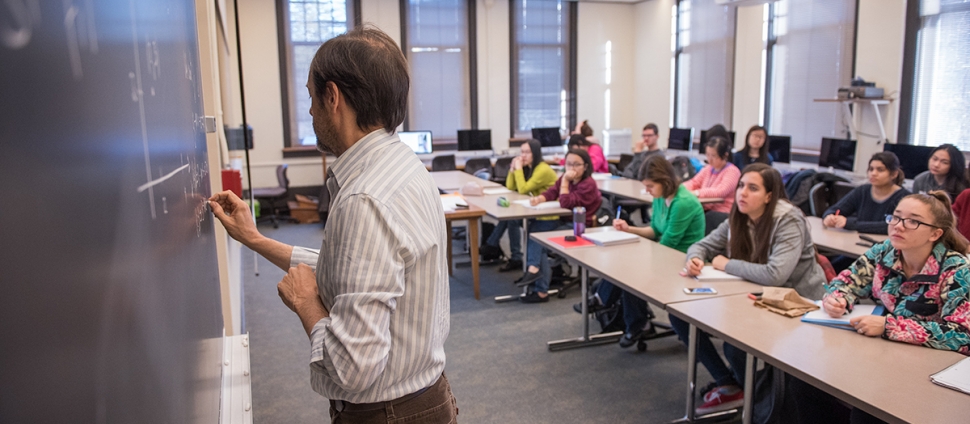Document Type
Article
Publication Date
1-1-2024
Publication Title
Proceedings of the National Academy of Sciences of the United States of America
Abstract
Abundant epidemiological evidence links circadian rhythms to human health, from heart disease to neurodegeneration. Accurate determination of an individual's circadian phase is critical for precision diagnostics and personalized timing of therapeutic interventions. To date, however, we still lack an assay for physiological time that is accurate, minimally burdensome to the patient, and readily generalizable to new data. Here, we present TimeMachine, an algorithm to predict the human circadian phase using gene expression in peripheral blood mononuclear cells from a single blood draw. Once trained on data from a single study, we validated the trained predictor against four independent datasets with distinct experimental protocols and assay platforms, demonstrating that it can be applied generalizably. Importantly, TimeMachine predicted circadian time with a median absolute error ranging from 1.65 to 2.7 h, regardless of systematic differences in experimental protocol and assay platform, without renormalizing the data or retraining the predictor. This feature enables it to be flexibly applied to both new samples and existing data without limitations on the transcriptomic profiling technology (microarray, RNAseq). We benchmark TimeMachine against competing approaches and identify the algorithmic features that contribute to its performance.
Keywords
circadian rhythms, cross-platform prediction, machine learning, transcriptomics
Volume
121
Issue
3
DOI
10.1073/pnas.2308114120
ISSN
00278424
Rights
© 2024 the Author(s).
Version
Author's Accepted Manuscript
Recommended Citation
Huang, Yitong and Braun, Rosemary, "Platform-Independent Estimation of Human Physiological Time from Single Blood Samples" (2024). Mathematics Sciences: Faculty Publications, Smith College, Northampton, MA.
https://scholarworks.smith.edu/mth_facpubs/186


